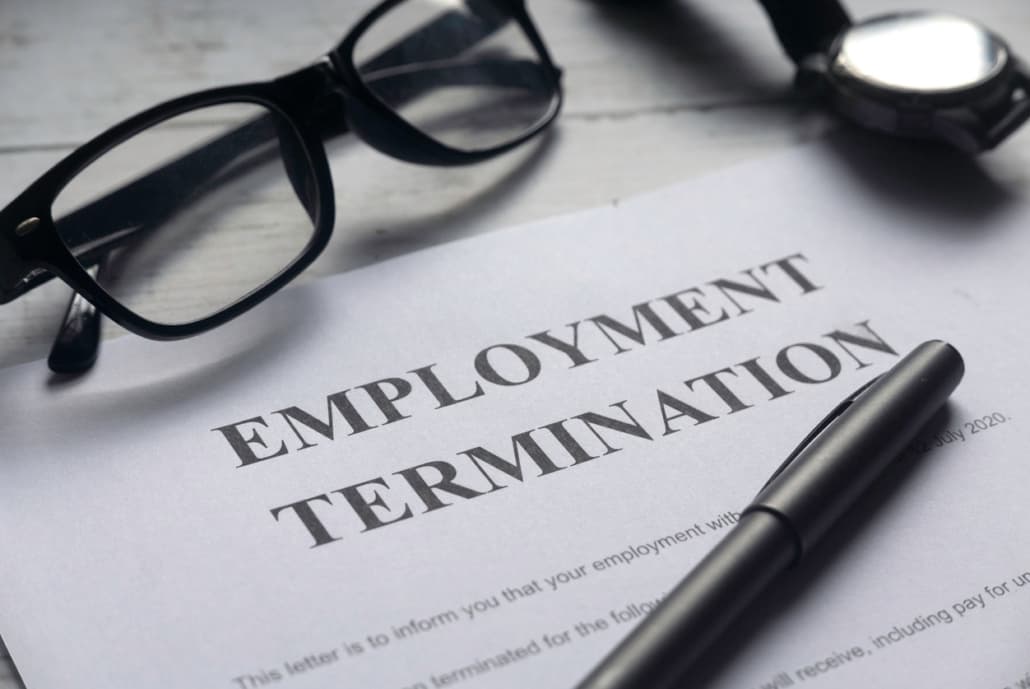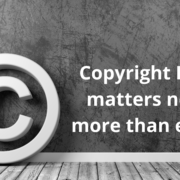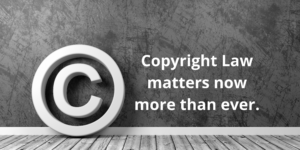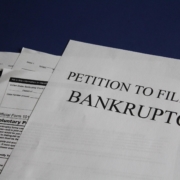One of the key mechanisms governments use to finance their road improvements, their sewer maintenance and new schools is through impact fees. Every time someone approaches the local government to build a new building, they pay an impact fee, designed to cover the increased costs created by the new building.
This month, however, the United States Supreme Court developed two rules key to impact fees that must apply to all impact fees to avoid tripping the Fifth Amendment of the U.S. Constitution.
Those two rules, established through earlier case law, first state any restrictions on permitting, like impact fees, must be essential to the government’s purpose. Second, the rules state impact fees must be proportionate to the impact it looks to offset.
What this means for impact fees, local governments and developers is still to be determined, most likely through a significant number of lawsuits.
If you think you may have paid an impact fee that doesn’t meet those two rules, reach out to us immediately. The attorneys at The Orlando Law Group can review your case to ensure those two rules are met and provide counsel on the next steps.
Why did the Supreme Court rule on impact fees?
Ask any developer about impact fees, and they will most likely say they are too high and are a money grab by local governments.
For instance, if you want to build a 2,000-square-foot home in an unincorporated Orange County suburb, you will be forced to pay nearly $25,000 to acquire a permit.
Most people do not pay these fees directly as they are paid by a developer before the new house is built. But, the cost of that house at its first sale increased by $25,000 to cover the impact fees.
Local governments are key to pointing out that significant restrictions on tax collections have limited revenue. For instance, homeowners receive significant tax deductions on their primary home and values are locked in at three percent increases every year, regardless of actual increase.
Plus, elected officials rarely raise any taxes. The federal gas tax has been locked in at 18 cents a gallon for decades and doesn’t come close to paying for highway repairs, much less new highways to accommodate growth.
For the most part, local governments have argued the Fifth Amendment doesn’t apply to actions by legislative bodies, like school boards or city councils. But one couple who paid nearly $25,000 in impact fees to build a home in California sued for a refund. Courts in California agreed the “legislative body” that enacted the fee was not impacted by the Fifth Amendment.
In a unanimous decision, the U.S. Supreme Court overruled those courts, saying all government actions are covered by the Fifth Amendment.
However, it did not say if the California impact fees were improper taking of property by the government. It left that to local governments and courts.
That also left a lot of confusion on what comes next.
The only thing we know is more lawsuits are coming
While the ruling is being lauded by real estate and home builder groups, there really is nothing in the Supreme Court ruling that says impact fees must be reduced or eliminated.
There’s nothing that provides a mathematical equation that outlines what an impact fee range should be.
The only thing the court’s ruling does is say that all impact fees must be judged based on the two established rules.
We believe there will be very few governments who willingly say they were overcharging impact fees. It should be assumed each government believes the impact fees they charge pay for an essential government service and cover the approximate cost of the impact of the development.
What we think will happen will be a significant number of lawsuits filed against local governments forcing them to justify the amount of impact fees it charges.
Should I Sue to Recoup Fees?
As is the answer with most cases of law, maybe.
There are a lot of questions with this ruling. Maybe a developer who recently paid impact fees should strongly consider it, but how long are developers impacted? That’s to be determined.
Could an HOA sue to recoup impact fees on behalf of its homeowners? Maybe.
Could an individual who had impact fees passed on into the purchase of a new home sue? Maybe.
What about someone who was charged an impact fee on a remodel, even though the same number of people will be living in their house? Maybe.
The key is to allow one of the real estate attorneys at The Orlando Law Group to review your circumstance to see if there is a case we can make that you were overcharged based on the rules that now apply to all impact fees.
The attorneys at The Orlando Law Group can help businesses and individuals with all types of real estate issues in Orlando, Waterford Lakes, Altamonte Springs, Winter Garden, Lake Nona, St. Cloud, Kissimmee, and Central Florida.
If you have questions about anything discussed in this article or other legal matters, give our office a call at 407-512-4394 or fill out our online contact form to schedule a consultation to discuss your case. We have an office conveniently located at 12301 Lake Underhill Rd, Suite 213, Orlando, FL 32828, as well as offices in Seminole, Osceola and West Orange counties to assist you.
The articles on this blog are for informative purposes only and are no substitute for legal advice or an attorney-client relationship. If you are seeking legal advice, please contact our law firm directly.








































